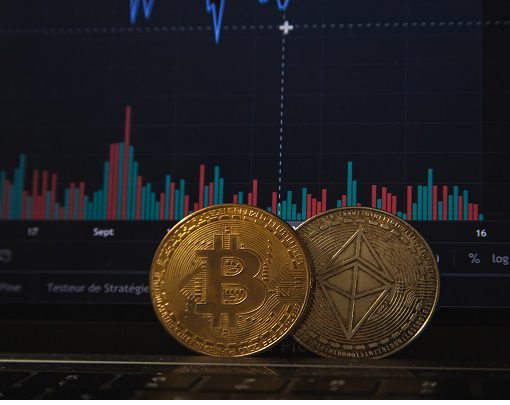In the ever-evolving landscape of technology, the integration of blockchain technology into sustainable value chains has emerged as a game-changer. This perfect match has paved the way for transparent and efficient operations, revolutionizing the way businesses manage their resources, products, and information. As the demand for sustainability grows, companies are increasingly turning to blockchain to enhance their value chains and contribute to a greener, more eco-friendly world.
Introduction
Understanding the Blockchain Advantage
Blockchain technology, often associated with cryptocurrencies, is a decentralized and distributed ledger system. Unlike traditional centralized databases, blockchain operates on a network of computers, ensuring that every transaction or piece of information is recorded in a secure, transparent, and tamper-proof manner. This inherent characteristic of blockchain aligns seamlessly with the principles of sustainable value chains, promoting transparency and accountability at every stage of the process.
Transparency in Supply Chain Management
One of the significant challenges in sustainable value chains is ensuring transparency across the supply chain. With blockchain, companies can trace the journey of their products from the source to the end-user. Every step, from production to distribution, can be recorded on the blockchain, allowing consumers to verify the authenticity and origin of the products they purchase. This transparency not only builds trust but also encourages responsible consumerism, driving the demand for eco-friendly products and sustainable practices.
Enhancing Traceability and Accountability
In traditional value chains, tracing the origin of raw materials or components can be a daunting task. With blockchain, each item in the supply chain is assigned a unique digital identifier, enabling real-time tracking of products. This traceability not only helps in identifying inefficiencies and bottlenecks but also ensures accountability. Companies can monitor the actions of their suppliers, manufacturers, and distributors, holding them responsible for adhering to ethical and sustainable practices. This level of accountability fosters a culture of environmental and social responsibility within the business ecosystem.
Smart Contracts for Ethical Transactions
Blockchain technology introduces smart contracts, self-executing agreements with terms directly coded. In sustainable value chains, these contracts automate processes, ensuring transactions meet specific conditions. For instance, payment to a supplier can automate upon ethical raw material delivery, reducing intermediaries, fraud, and enhancing transparency.
Reducing Carbon Footprint
Sustainability is not just about ethical sourcing; it also involves reducing the carbon footprint associated with production and distribution. Blockchain technology optimizes logistics and supply chain operations, minimizing wastage and energy consumption. By streamlining the transportation routes and inventory management, companies can significantly reduce greenhouse gas emissions. Additionally, the transparency provided by blockchain encourages environmentally conscious decisions, such as choosing eco-friendly suppliers and adopting greener transportation options. These collective efforts contribute to a more sustainable and eco-friendly value chain.
Building Consumer Trust and Loyalty
In an era where consumers are increasingly aware of the environmental impact of their purchases, building trust and loyalty is paramount for businesses. Blockchain technology plays a crucial role in this aspect by providing consumers with verifiable information about the products they buy. By scanning a QR code or accessing a blockchain-enabled platform, consumers can access a wealth of information, including the product’s origin, manufacturing process, and environmental certifications. This transparency fosters trust, making consumers confident about their choices and encouraging them to support businesses committed to sustainable practices.
Conclusion
Integrating blockchain into sustainable value chains marks a vital move toward transparency and eco-friendliness. Businesses using blockchain streamline operations and support global climate efforts. Conscious consumers favor blockchain-embracing companies, fostering trust and loyalty. This choice signifies a commitment to an eco-conscious, transparent future in business practices.



































